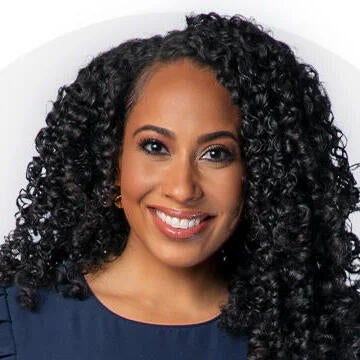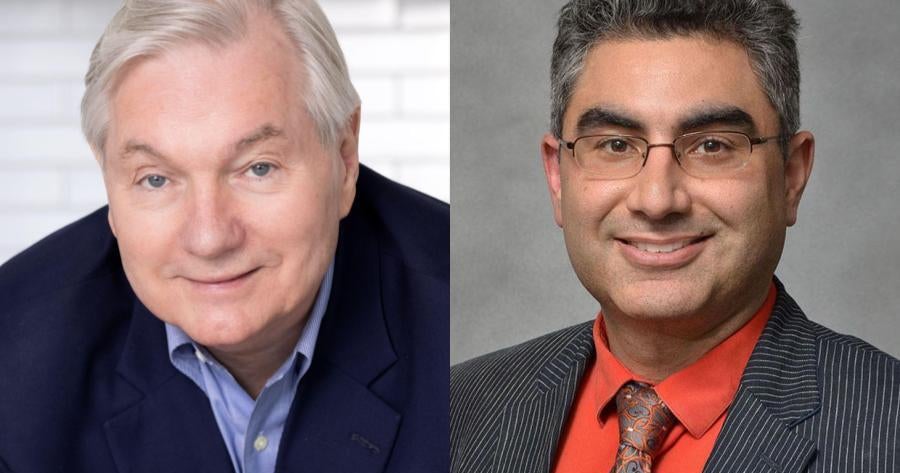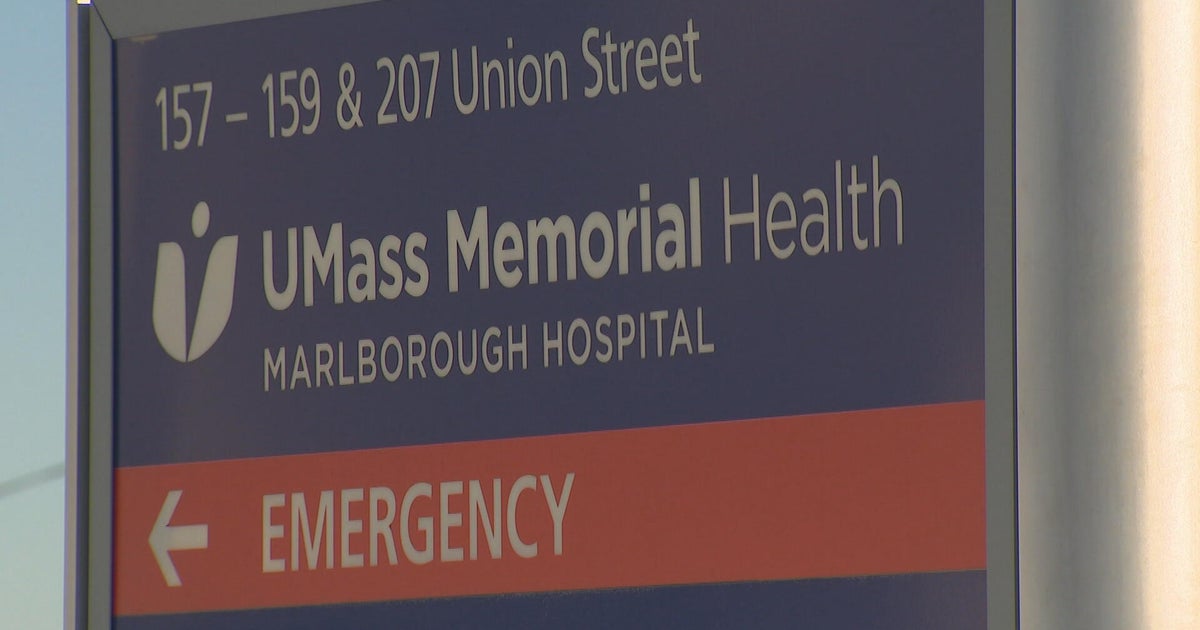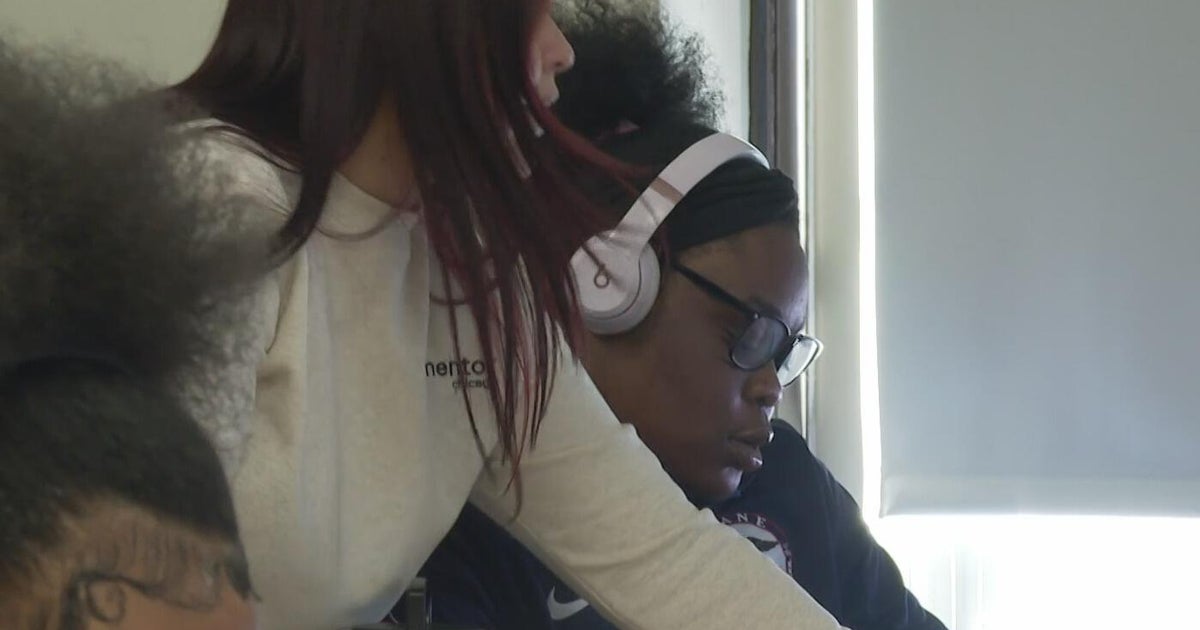As patients with disabilities face discrimination, doctors discuss what needs to change
CHICAGO (CBS) – On Thursday, CBS 2 dug into the challenges people with disabilities face when they try to see their doctors, and why doctors say it's a challenge for them too.
Now, CBS 2's Audrina Bigos dug into finding solutions and told us what both doctors and patients said needs to be done.
"I have avoided going to the doctor because sometimes, I know that it's just going to be trouble or more aggravation," said Chernell Lane.
From her accessible transportation running late, to making a doctor understand her special needs, Lane said sometimes it's just easier to stay home and suffer than navigate her way to and through a doctor's appointment.
"People with disabilities are facing discrimination when they're trying to make appointments with doctors," said Dr. Tara Lagu, of Northwestern University's Feinberg School of Medicine.
For more than 10 years, Lagu has been advocating for patients with disabilities, especially those who use wheelchairs. She found in her research that 20% of the doctors surveyed refused to treat those patients. Further studies revealed some of the reasons: It's more difficult and time-consuming. Plus, they don't have the facilities to accommodate them.
If a patient using a wheelchair has to come into a typical exam room, both they and their doctor might not comfortably fit inside.
It's not only a lack of space, but a lack of proper equipment and staff.
"If you going to transfer a patient who uses a wheelchair, you need additional staff," Lagu said. "You need the right room. You need a height-adjustable table. You need additional training."
CBS 2 headed over to the Shirley Ryan AbilityLab in Streeterville to check out some specialized spaces and equipment. Dr. Allison Kessler said making even some of the accommodations they use at the facility can make a big difference.
There are larger exam rooms.
"There is a wide enough turning area so that an individual who's either using a mobility device such as a walker or a wheelchair can come into the room, fully turn around and be able to face the physician," Kessler said. "The room is big enough also to allow for the physician to also be a wheelchair user."
Once inside the room, an overhead lift system helps get patients onto an extra-wide mat.
"You can raise heights either up or down as needed to help accommodate a transfer to the mat or to get off the mat," Kessler said.
A scale helps doctors get a patient's accurate weight.
"We'll weigh them in their wheelchair on this scale, then what we do is we bring them to the room and we transfer them either to the chair, the bed, or examination surface and we'll come back and weigh the wheelchair separately so we can make sure we have an adequate weight for the patient," Kessler said, adding "Even just putting one of each of these devices in your facility will allow you to see patients who have more mobility impairments or other disabilities."
Beyond that, Lagu said the healthcare industry should start thinking about caring for those with disabilities during the education phase.
"We don't have a curriculum in most medical schools about how to care for patients with disabilities," she said. "One of the other points doctors said is that they don't feel qualified or trained to care for patients with disabilities."
Lane said she has had doctors who care, but they are the exceptions.
"More often than not, you're going to get someone who is too overworked to worry about your accessibility," she said.
So CBS 2 asked her, what she would say to patients.
"Advocate," Lane said. "Don't be afraid to advocate for yourself. Speak up."
Lagu said she's continuing to research the problem and is working to find ways to help doctors better understand how to care for patients with disabilities.








